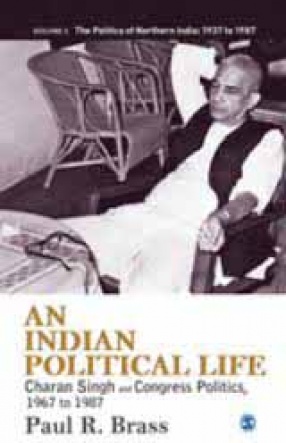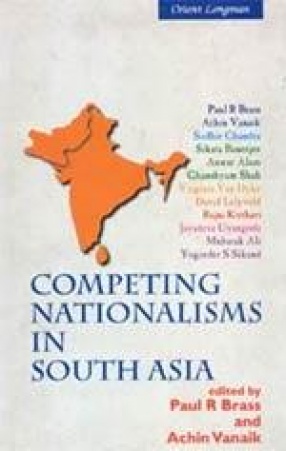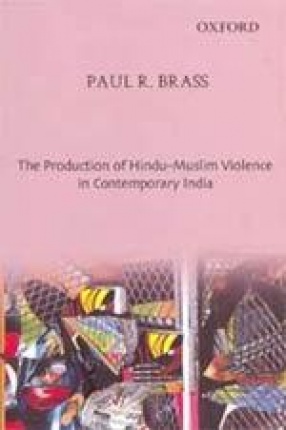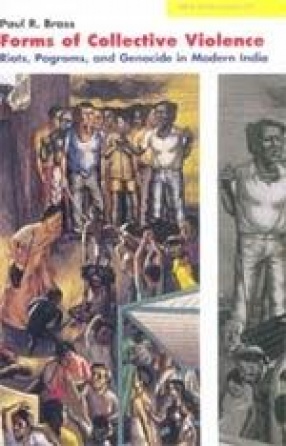
Showing all 5 books


Charan Singh and Congress Politics, 1967 to 1987, the third and final volume in the trilogy of The Politics of Northern India, begins with the dramatic political event of the fall of the Congress in the most critical state of UP and the formation of the first non-Congress government. This event was of the utmost concern to Indira Gandhi, for she could not rule the country without a firm political base in the most populous state of the country. Insofar as Charan ...

The essays in this volume bring together a rich and scholarly collection of thought and new work linked by a commitment to the preservation and promotion of secularism and Democracy in South Asia. The contributors come from different disciplines and ideological persuasions—political scientist, the sociologist, the historian, the literary critic, and the area specialist. Sudhir Chandra’s and Sikata Banerjee’s essays in Part I deal with nationalist thought ...

Frequent communal violence in its varied manifestations has become such a normal experience in India that it seemingly defies any effective analysis. In this book Paul R. Brass has tracked more than half a century’s riots in the north Indian city of Aligarh, covering the last three decades of British rule and the post-independence history of the city. This book is the culmination of a lifetime’s thinking about the dynamics of inter-group violence in northern ...

These essays focus on the various forms of collective violence that have occurred in India during the past six decades, which include riots, pogroms, and genocide. It is argued that these various forms of violence must be understood not as spontaneous outbreaks of passion, but as productions by organized groups. Moreover, it is also evident that government and its agents do not always act to control violence, but often engage in or permit gratuitous acts of ...

As collective violence erupts in many regions throughout the world, we often hear media reports that link the outbreaks to age-old ethnic or religious hostilities, thereby freeing the state, its agents, and its political elites from responsibility. Paul Brass encourages us to look more closely at the issues of violence, ethnicity, and the state by focusing on specific instances of violence in their local contexts and questioning the prevailing interpretations of ...
